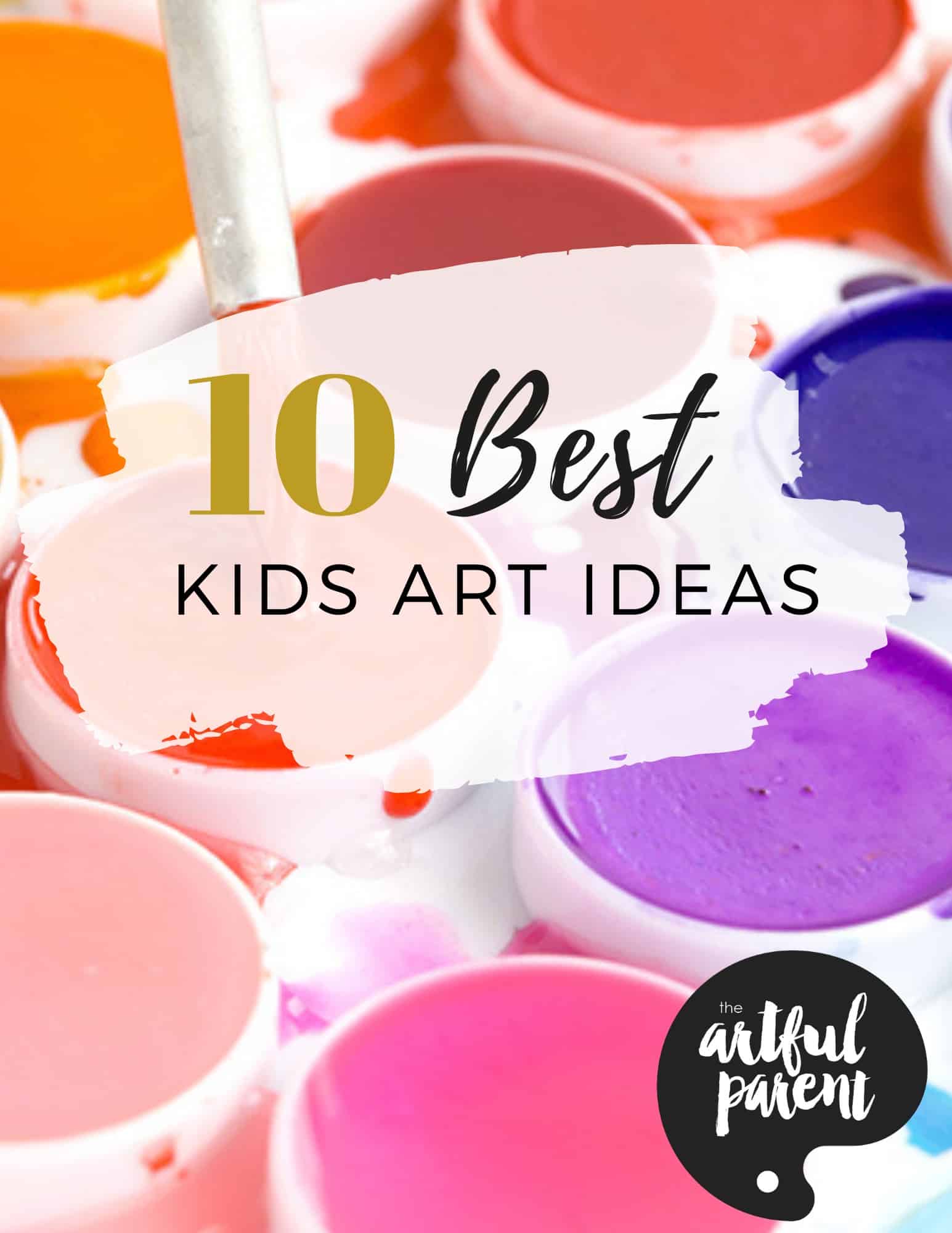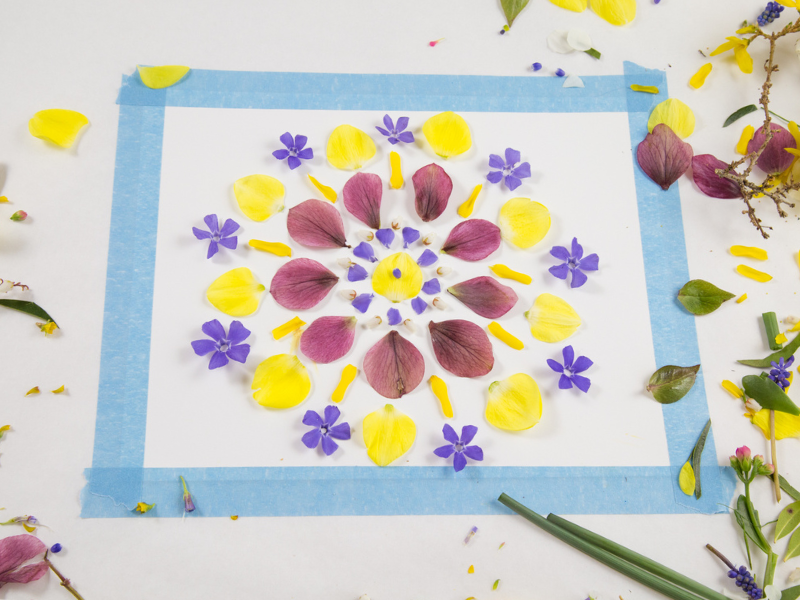
How to Make Pictures with Flowers
Learn how to make pictures with flowers by arranging petals in different patterns and shapes to make beautiful artwork. Or use the flower petals as

Learn how to make pictures with flowers by arranging petals in different patterns and shapes to make beautiful artwork. Or use the flower petals as
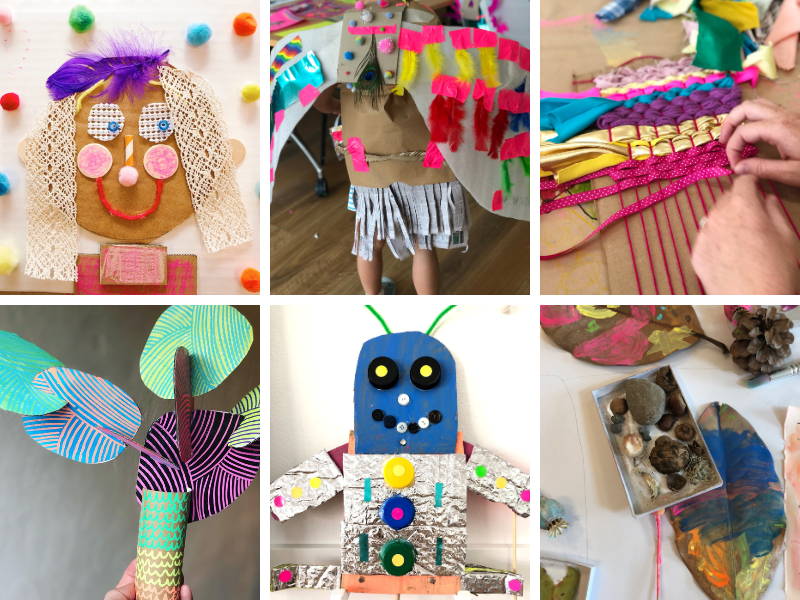
Reduce, Reuse, Recycle! Check out our list of Earth Day activities with nature and recycled art projects for kids that are fun to make AND
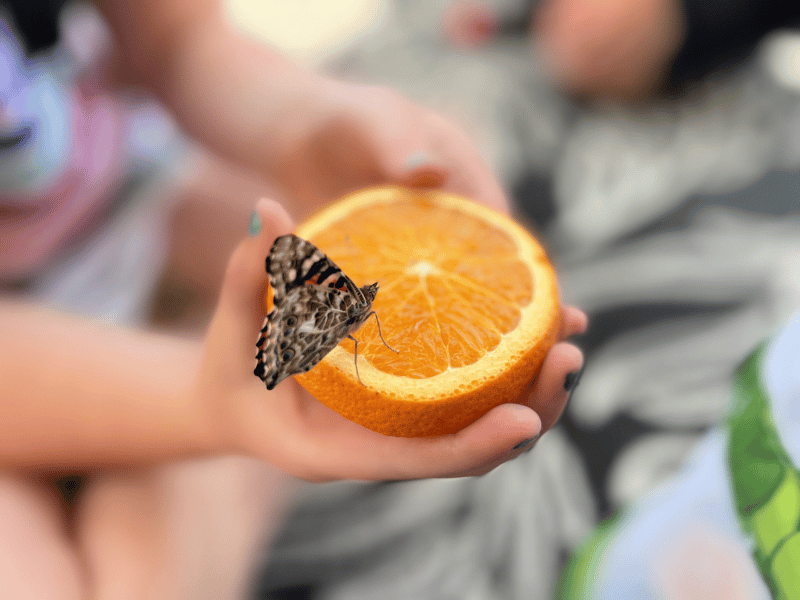
Raising butterflies with kids is magical and rewarding! Start with a cup of caterpillars and watch the entire metamorphosis happen right before your eyes! Updated
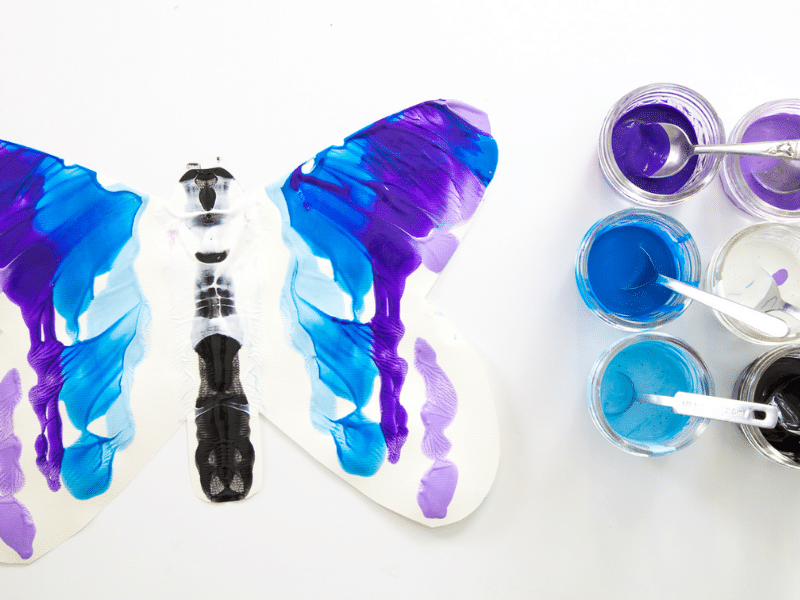
Learn how to paint butterflies with this fun and easy symmetry method. A perfect process art activity for kids of all ages! Updated March 2024
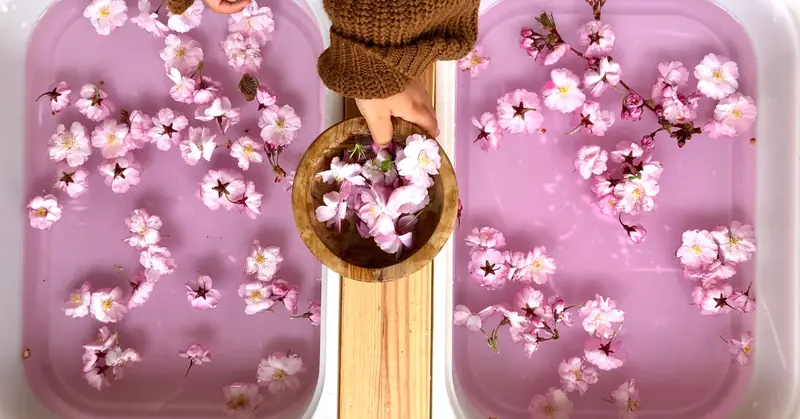
Here are 10 fun and easy ideas for Spring sensory bins for kids. These bins offer a fun and exploratory way to engage kids’ senses
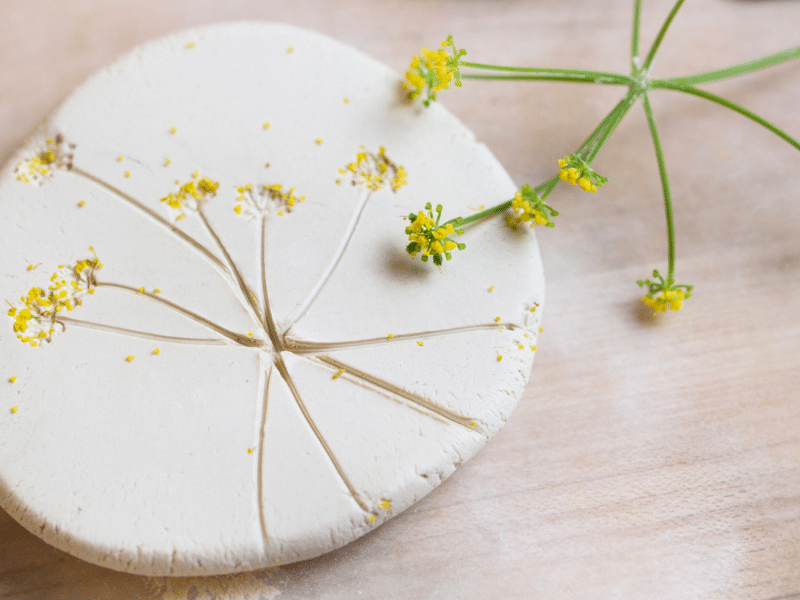
Are you looking to get outside and make some art? Here are some ideas for nature art for kids, inspired by nature or using natural
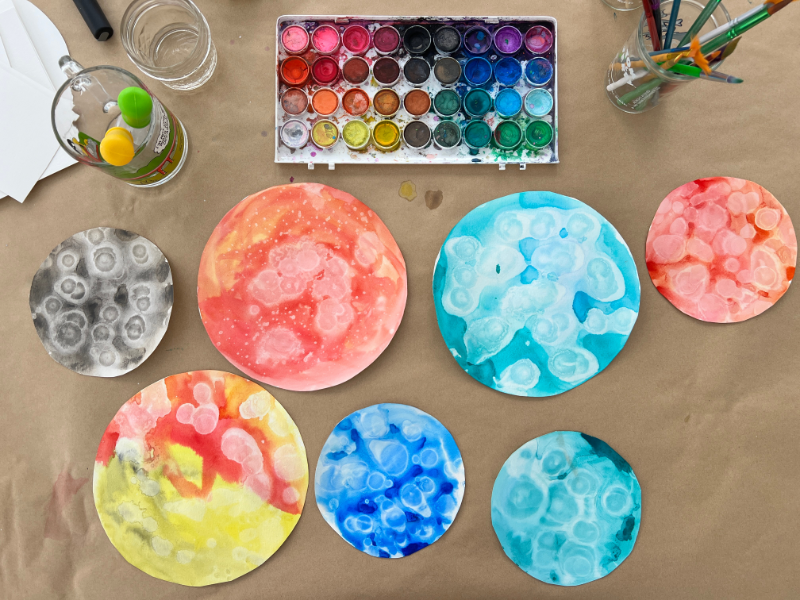
Learn how to use paints and rubbing alcohol to make beautiful watercolor planets. Create your own mini universe with this fun art activity! My family
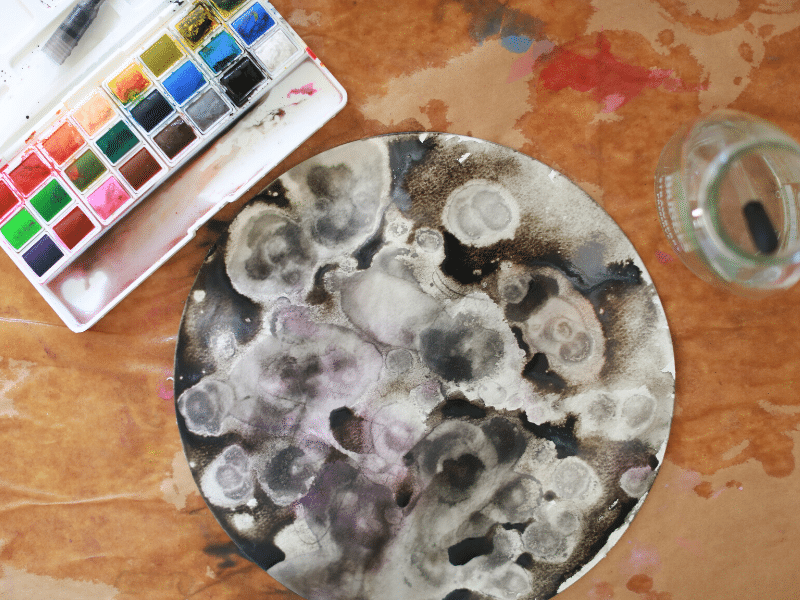
Easy and fun space art ideas for little space explorers! These out-of-this-world projects are perfect for kids and astronauts of all ages. Updated April 2024

Here are some of our favorite watercolor ideas for kids. These projects are easy, fun for a variety of ages, and produce lovely works of


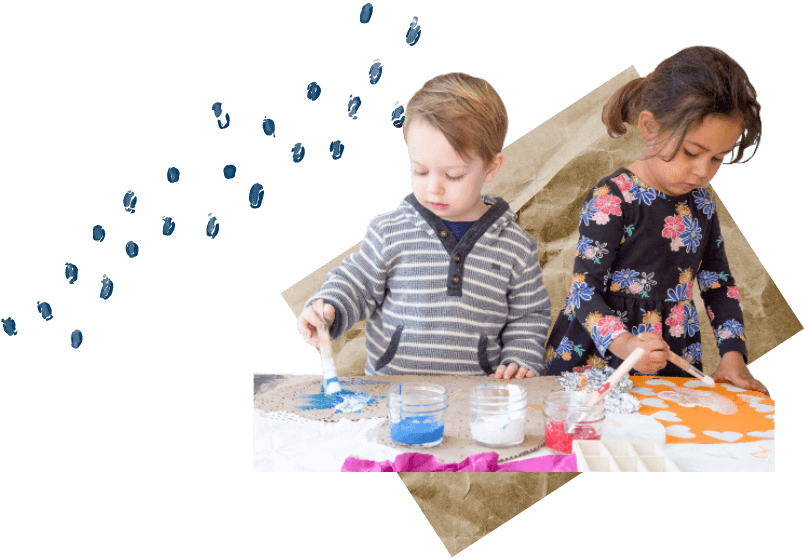
Sign up for weekly inspiration

Learn how to make pictures with flowers by arranging petals in different patterns and shapes to make beautiful artwork. Or use the flower petals as

Reduce, Reuse, Recycle! Check out our list of Earth Day activities with nature and recycled art projects for kids that are fun to make AND

Here are 10 fun and easy ideas for Spring sensory bins for kids. These bins offer a fun and exploratory way to engage kids’ senses
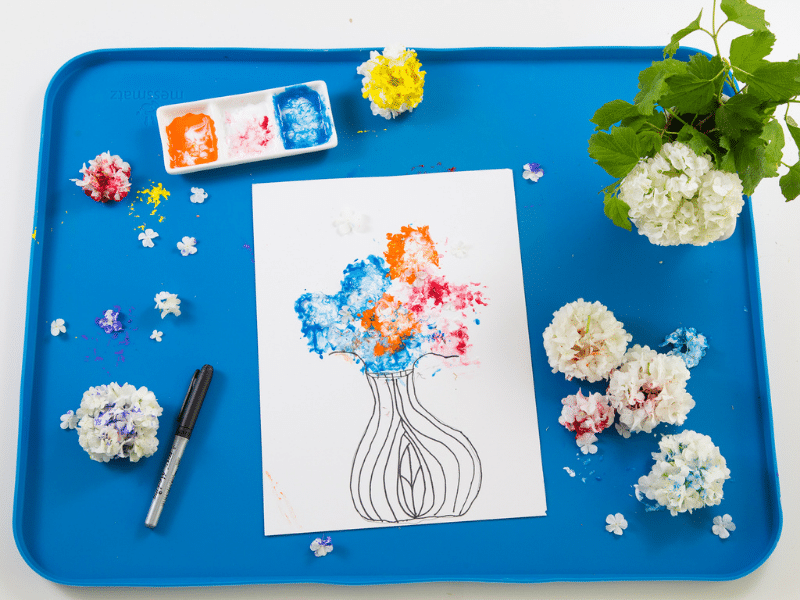
Flower printing is a fun and beautiful nature art project for kids. And it can be done with just about any kind of paint! Updated
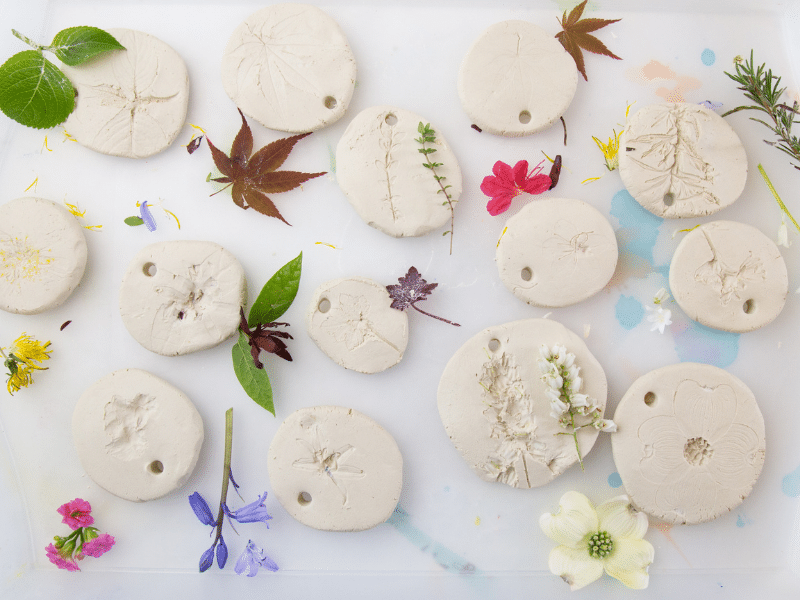
How to make clay leaf prints with air dry clay. This easy nature craft project is fun for kids and creates a beautiful ornament or
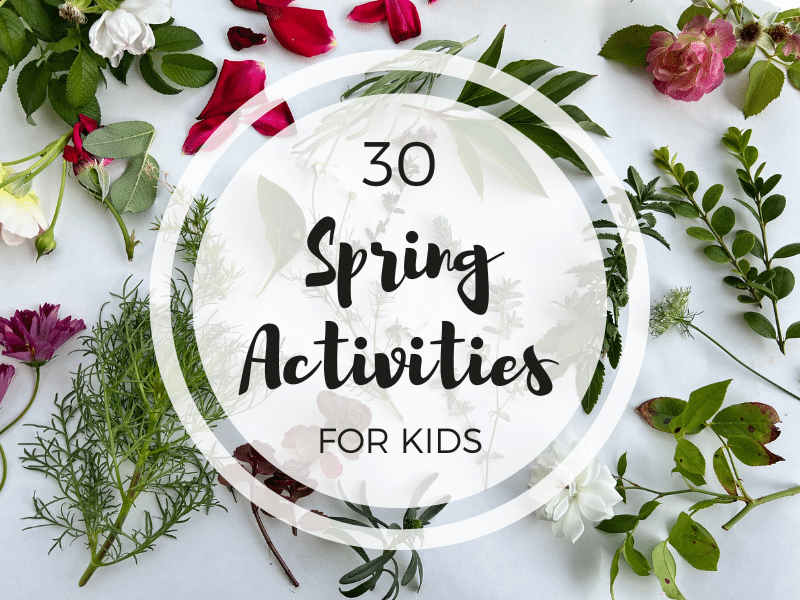
Here are 30 fun and creative spring activities for kids including flower craft ideas, nature art, garden activities, and spring treats! Updated February 2024 It’s
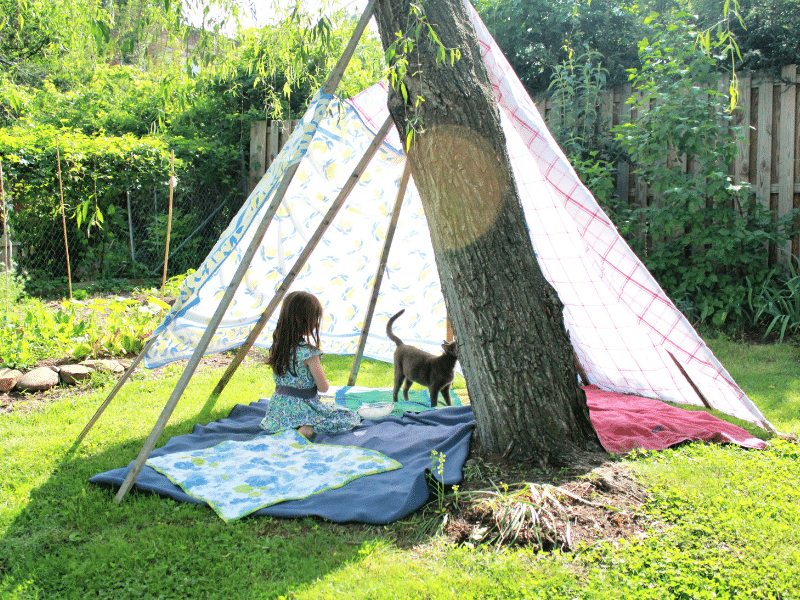
Fun backyard ideas that encourage active play with gardening, creative play and ways to embrace nature in your outdoor space. Updated April 2024 It can

A simple method for how to make paper flowers with tissue paper, egg cartons, and pipe cleaners. A fun and open-ended flower craft for kids!
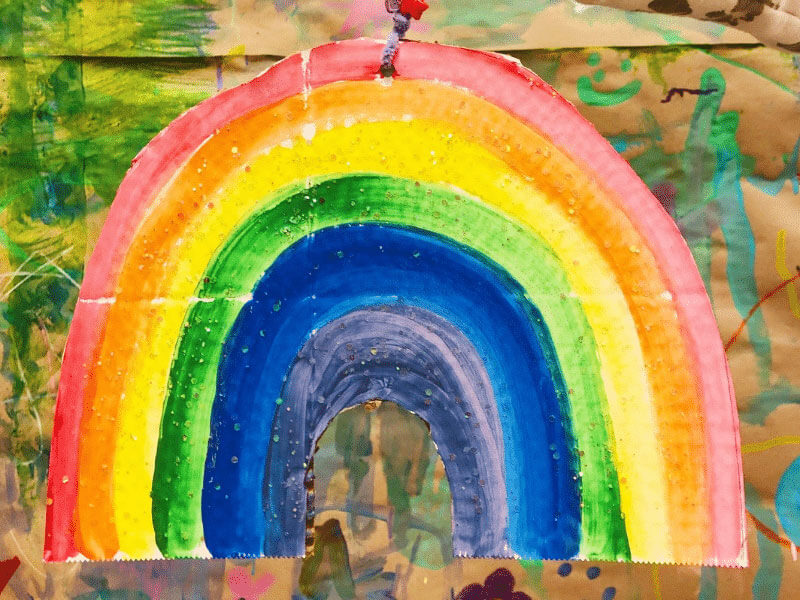
Fun rainbow crafts for St Patrick’s day or spring art for kids. Create wall hangings, clay & playdough rainbows or try fun painting projects. Updated
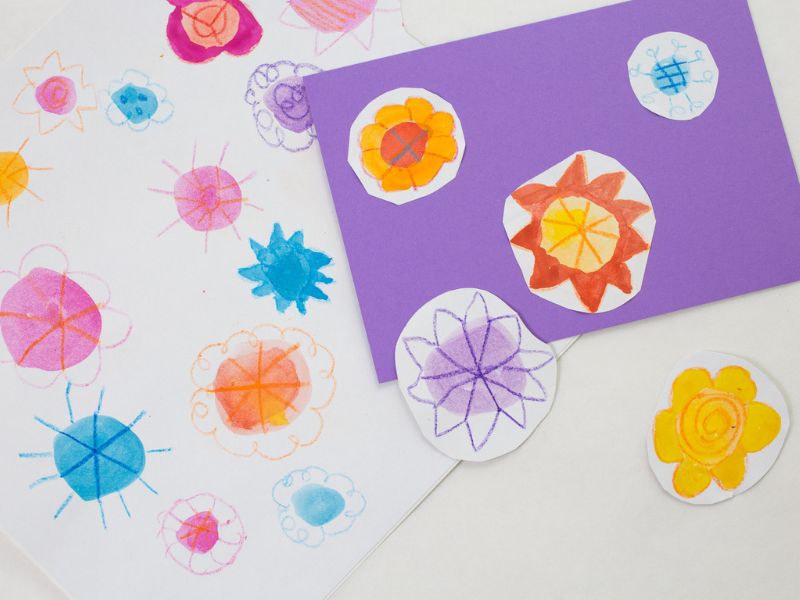
Paint watercolor flowers for a fun and relaxing painting activity. Paint dots then add designs to cut out or create your own stickers! Updated March
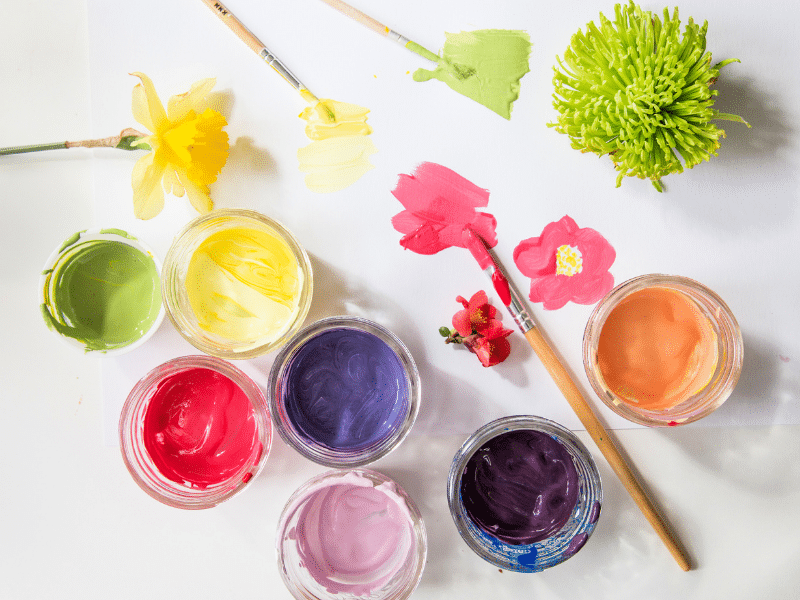
Going on a nature walk for kids? Here some fun ideas to do on the nature walk and some to do after the walk. Plus,
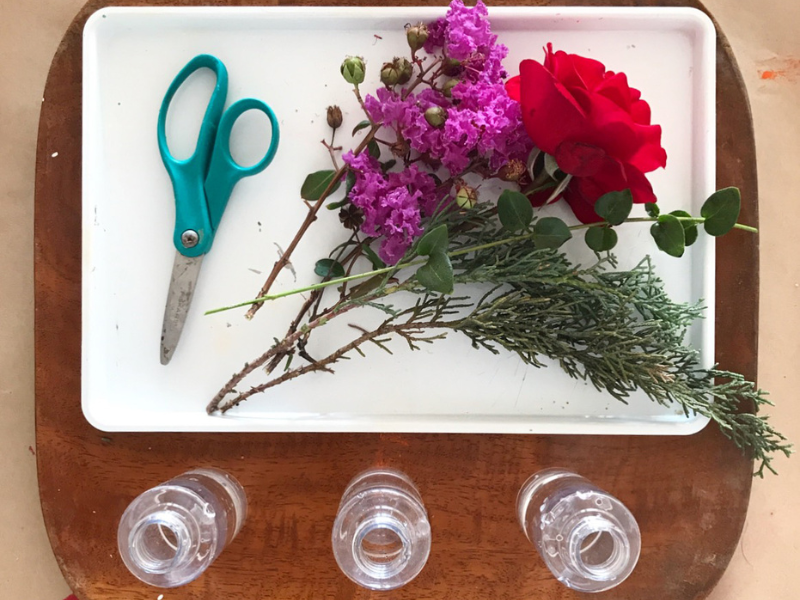
How to set up an invitation to create for kids using flowers. Simple, fun, and a perfect activity for a spring day! Updated March 2024
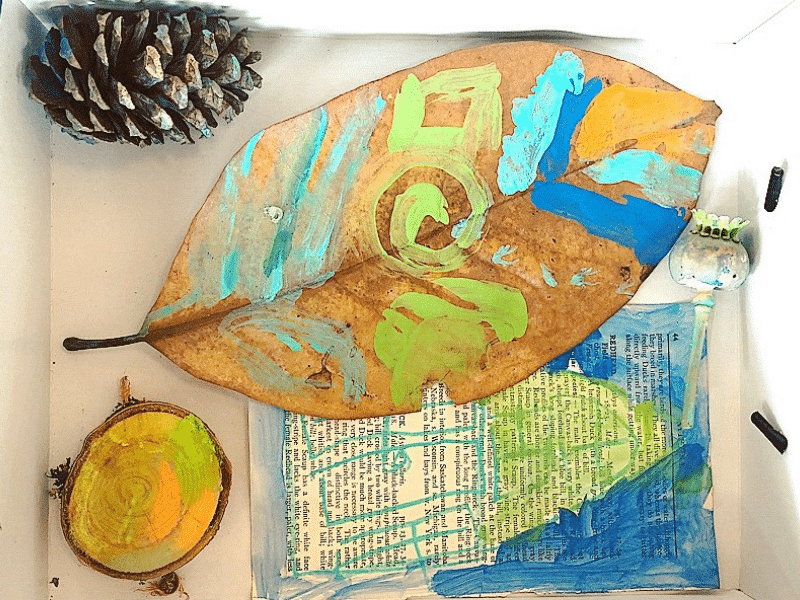
Gather pinecones, leaves and seed pods on a nature walk. Then paint and assemble these materials with this fun nature diorama project for kids. Project
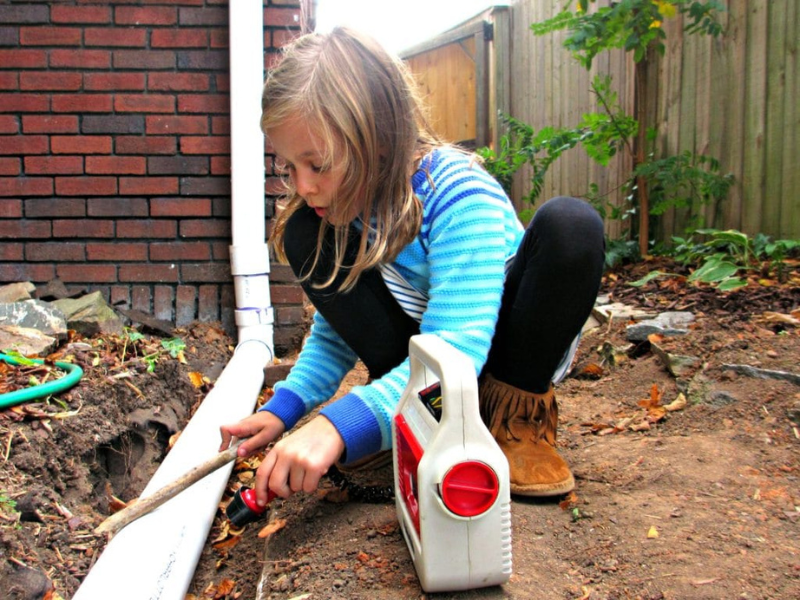
How to go on a sound hunt! Have fun with this listening and recording activity and see how many sounds you hear and recognize. Updated
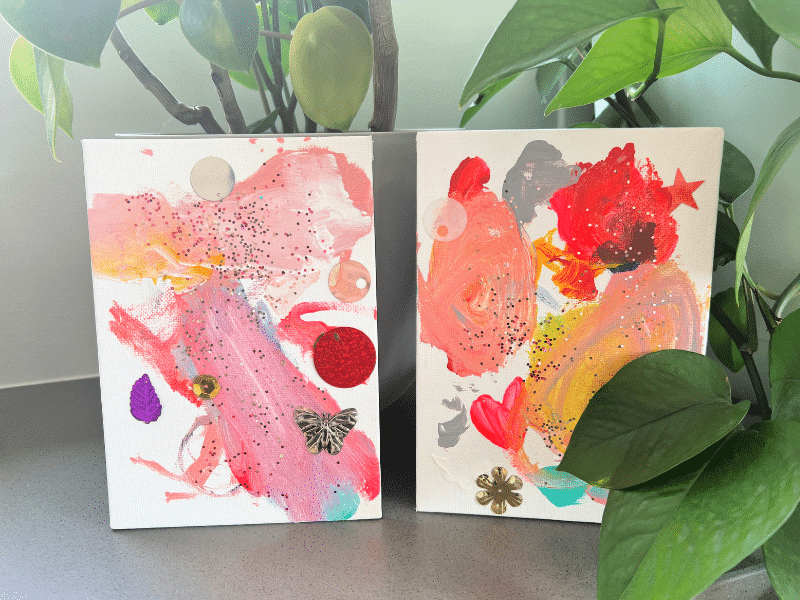
Here are our favorite preschool Mother’s Day crafts. All are simple and fun for young children to make and make lovely gifts. Updated March 2024
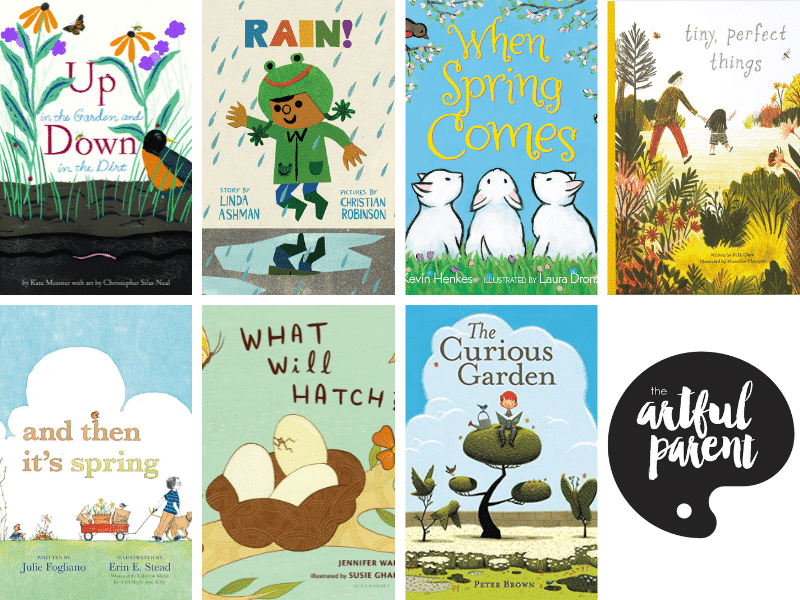
Here are some of our favorite children’s books about spring, plus creative arts and craft ideas to go with each one, to help you kick
Sign up for weekly inspiration straight to your inbox
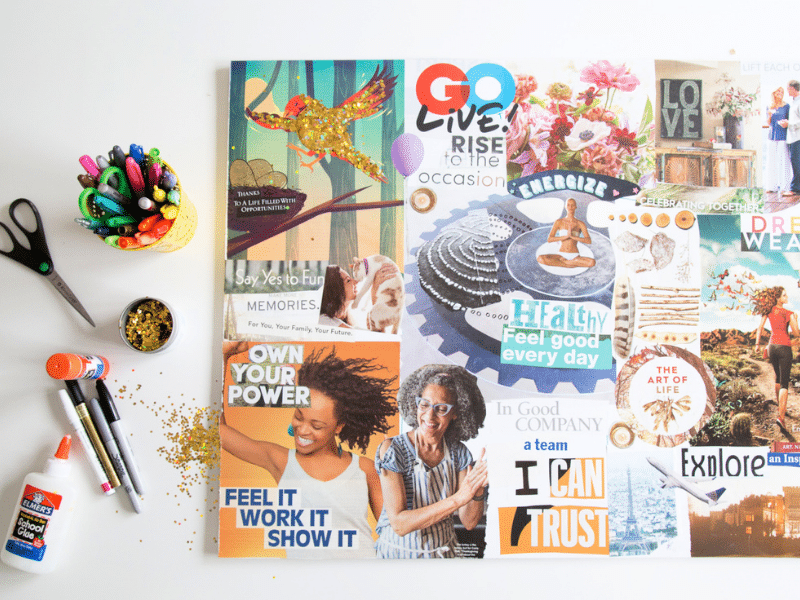
How to make a vision board that works to help you achieve your dreams and goals. An easy and effective nine step tutorial. Updated December
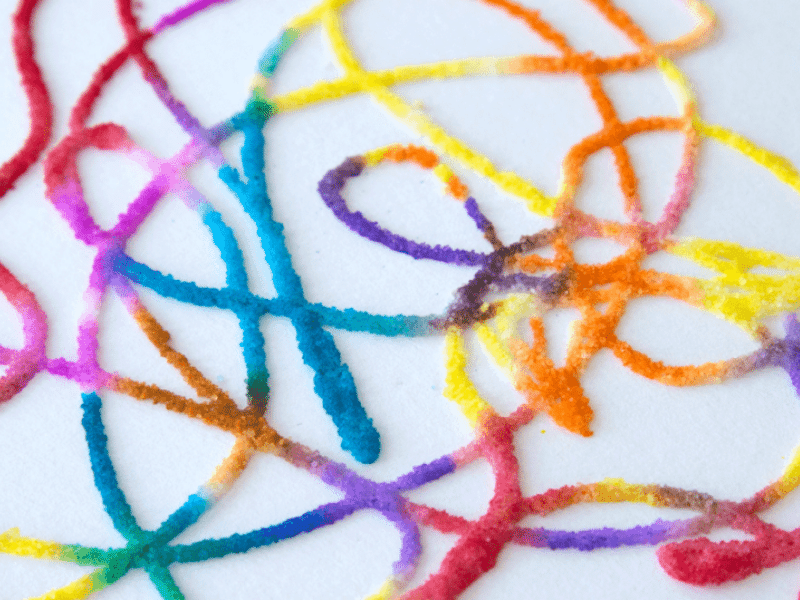
Raised salt painting is an all-time favorite kids’ art activity that is loved by all ages from toddlers on up. Glue, salt, and watercolors are

The Artful Parent’s favorite kids’ art projects! These art ideas are easy, fun and work for a wide age range of children. Updated December 2023
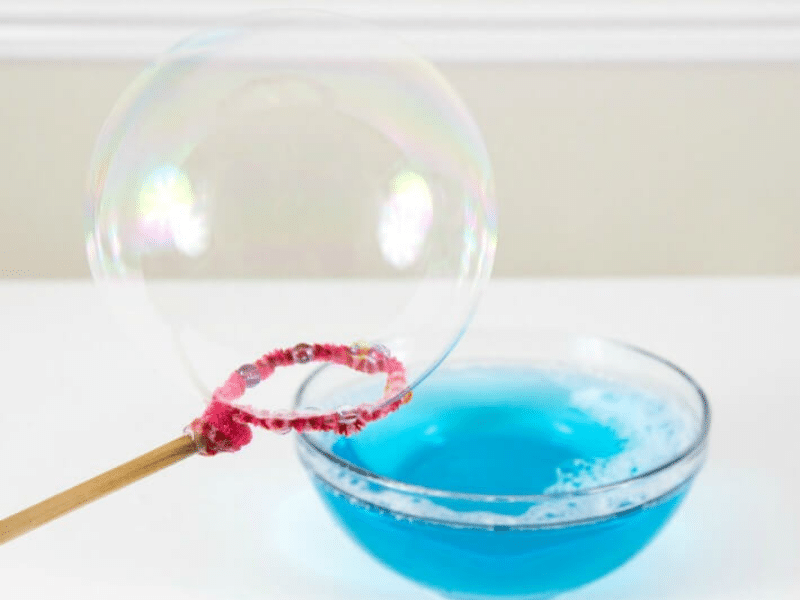
How to make homemade bubbles, so your kids have a never-ending supply of bubble solution. This is the easiest and quickest DIY bubble recipe, and
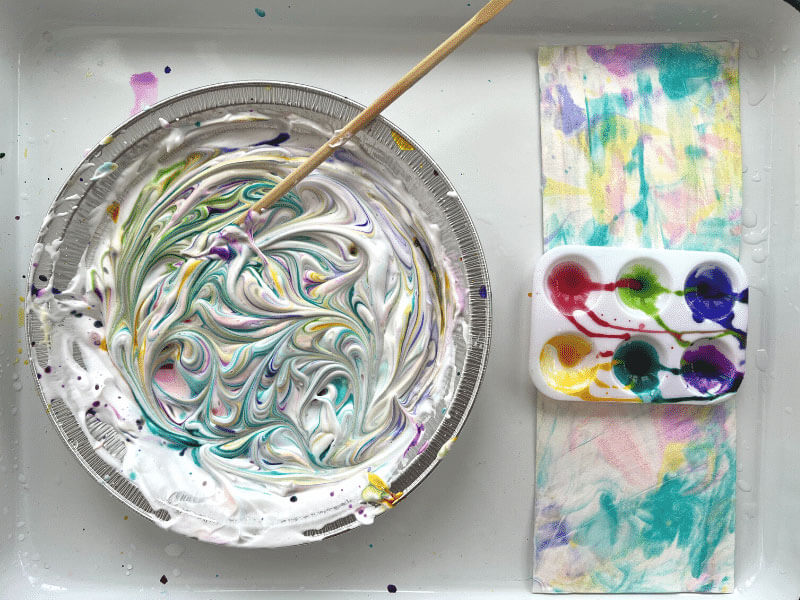
Here are six paper marbling techniques that are easy, fun, and kid friendly. Plus, the results are beautiful! Updated March 2024 Marbling is one of
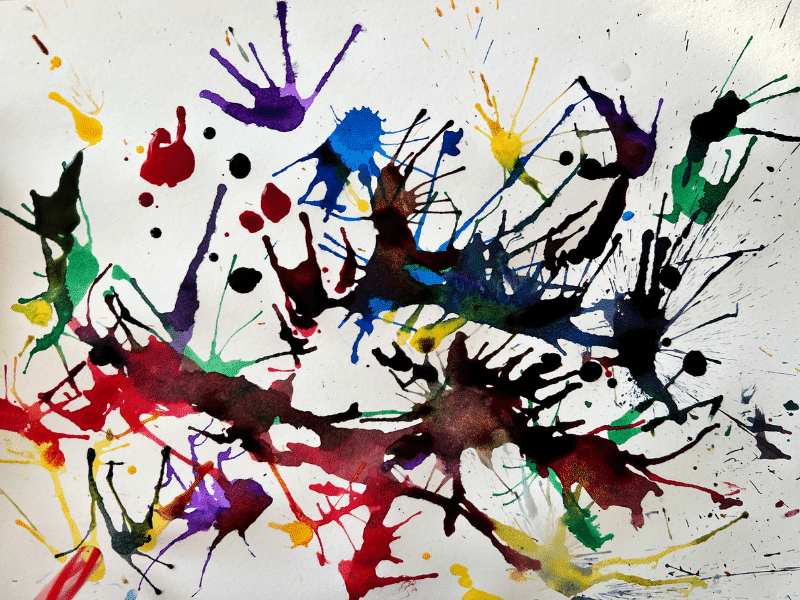
Blow painting with straws is a simple but fun action art activity. Use a straw to blow liquid paint on paper, creating amazing designs! Updated
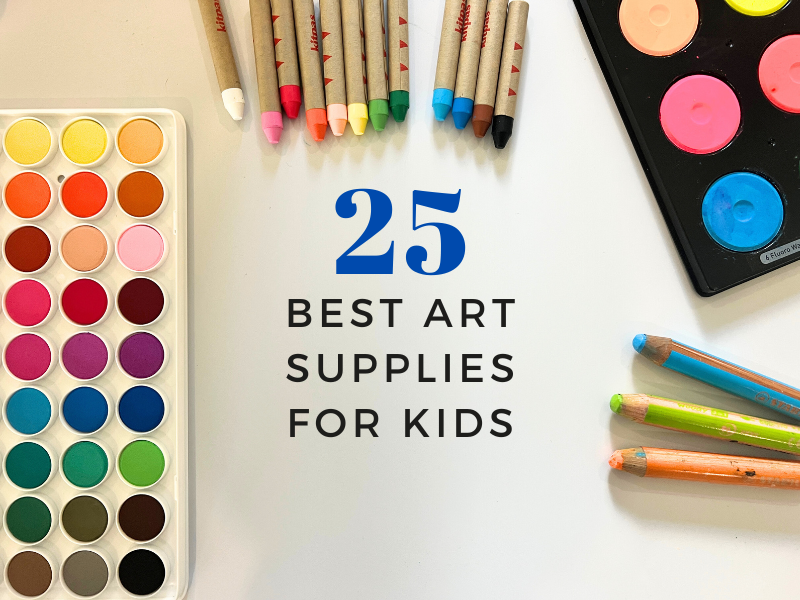
Here’s our favorite arts and crafts supplies based on years of experience. The best art supplies for painting, drawing, sculpting and more! Updated October 2023
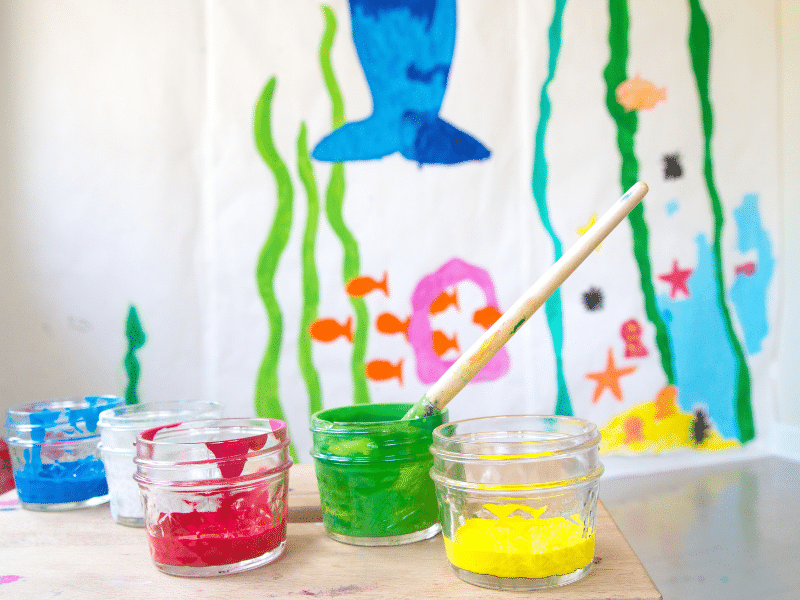
The benefits of arts for kids are many and include problem-solving abilities, creativity, literacy, fine & gross motor skills, connection, and understanding. Updated July 2023
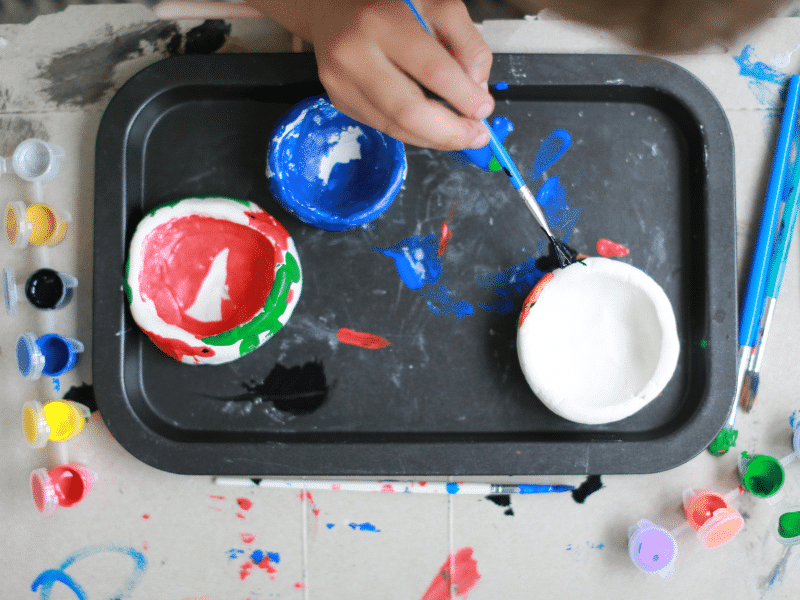
We love air dry clay and have used it for years! Here are our top 15 air dry clay projects for kids that are easy
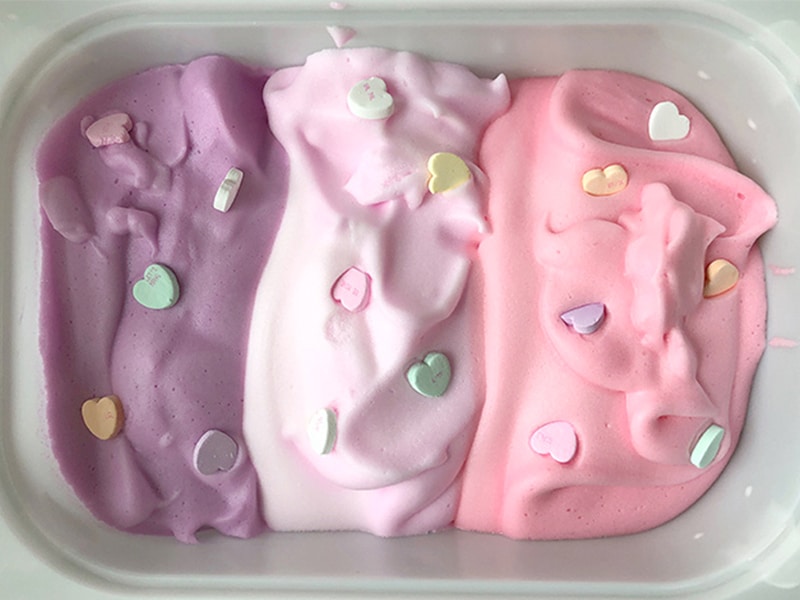
Learn how to make aquafaba which is a fluffy, fun sensory play material for kids. This is a great taste safe option for babies and

Our favorite marbled paper technique for kids is shaving cream marbling! So fun and easy, this is one of our top art activities for kids
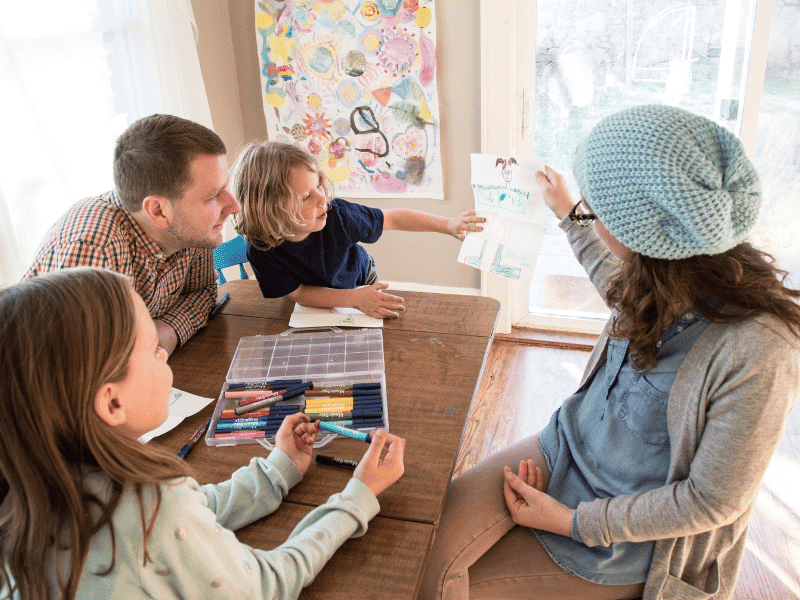
Here are our favorite drawing game ideas that encourage creativity and connection with you and your kids. Try one or a few today! Updated July
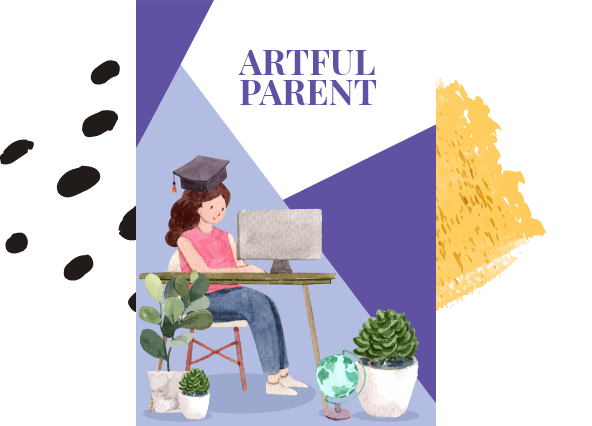
Just fill out your details below and we’ll send you the ebook containing the Artful Parent’s most visited activities from the past 12 months, for free!

Just fill out your details below and we’ll send you the ebook containing the Artful Parent’s most visited activities from the past 12 months, for free!
